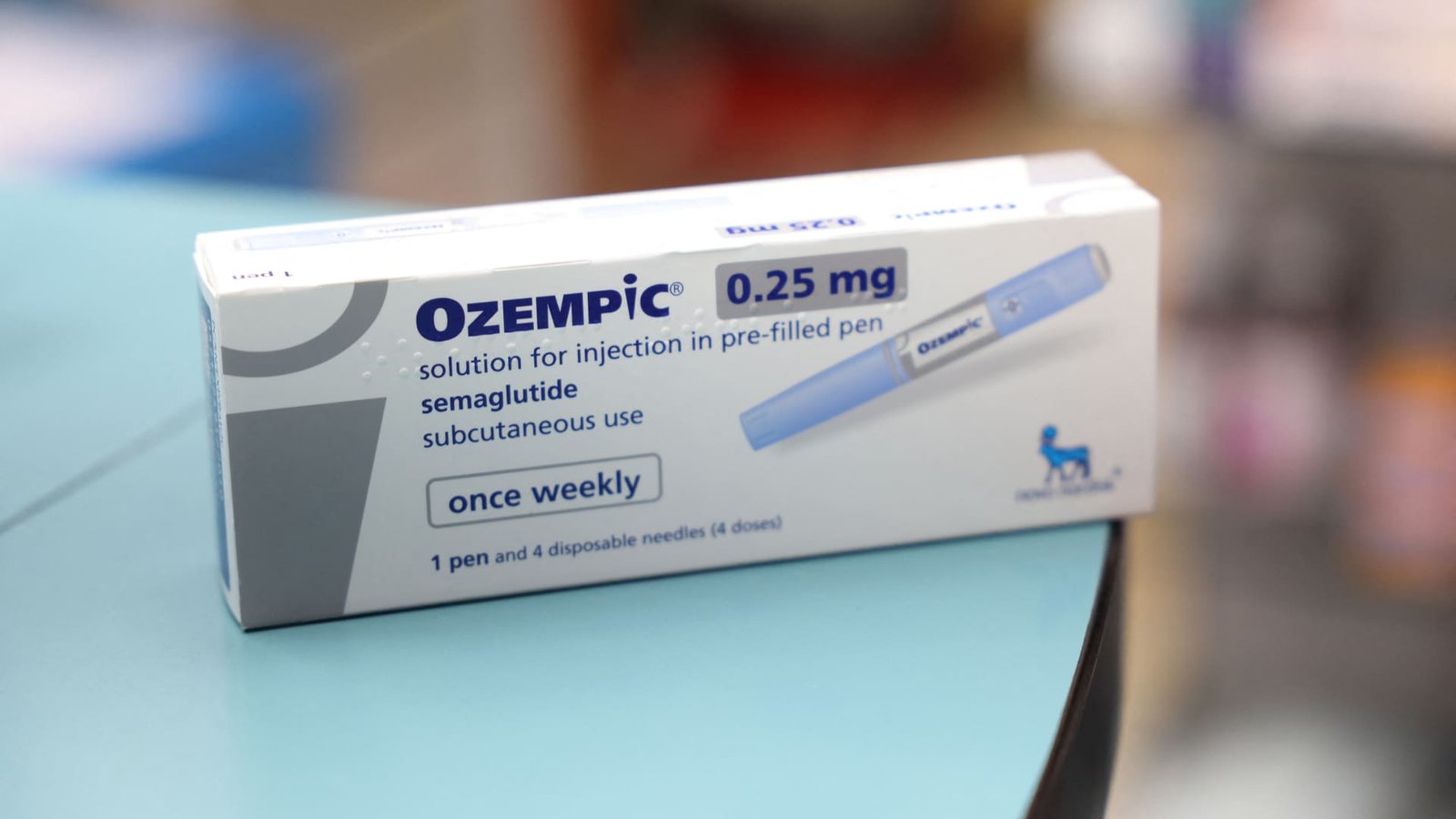In this article, Novo Nordisk’s diabetes drug Ozempic is highlighted for its potential to reduce the risk of opioid overdoses in specific patients, offering an alternative treatment for opioid use disorder. A recent study published in JAMA Network Open revealed that the active ingredient in Ozempic, semaglutide, was linked to a notably lower risk of opioid overdoses compared to other diabetes medications in individuals diagnosed with Type 2 diabetes and opioid use disorder.
The study findings indicate that Ozempic could play a role in addressing the U.S. opioid epidemic, which was declared a public health emergency in 2017. Despite the availability of three effective medications to prevent opioid overdoses, there is a need for new alternatives as some patients do not utilize them, as stated by Dr. Rong Xu, a lead study co-author and biomedical informatics professor at Case Western Reserve University.
Statistics from the Centers for Disease Control and Prevention show that in 2022, only a quarter of patients with opioid use disorder received recommended medications, with many discontinuing treatment within six months. Opioids are a contributing factor in approximately 72% of overdose deaths in the U.S., according to the National Center for Drug Abuse Statistics.
The study also contributes to the growing body of evidence suggesting that GLP-1s, a class of diabetes and obesity treatments, may offer various health benefits beyond managing blood sugar levels and promoting weight loss. Novo Nordisk, Eli Lilly, and independent researchers are actively exploring the potential of these drugs in patients with chronic conditions and addictive behaviors.
Researchers from Case Western Reserve University and the National Institutes of Health examined electronic records of nearly 33,000 patients prescribed semaglutide or other diabetes medications between December 2017 and June 2023. The study, which was not funded by Novo Nordisk, revealed a 58% lower risk of opioid overdose in patients treated with semaglutide compared to other medications.
However, the study has limitations due to its reliance on electronic health records. Further research, including clinical trials that randomly assign patients to receive semaglutide or other treatments, is necessary to validate the potential benefits of Ozempic and other GLP-1s for individuals with opioid use disorder. Dr. Nora Volkow, lead study co-author and director of the National Institute on Drug Abuse, emphasized the need for additional studies to determine the extent of GLP-1 medications’ value in preventing opioid overdoses.
The researchers plan to investigate the effects of semaglutide in patients with opioid use disorder and obesity, aiming to provide more insights into the potential benefits of GLP-1 medications in this population.




